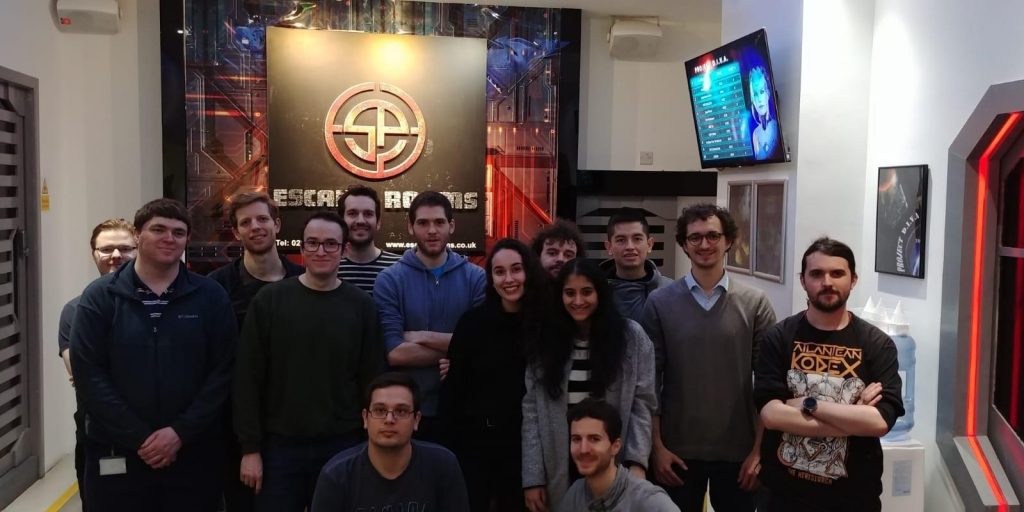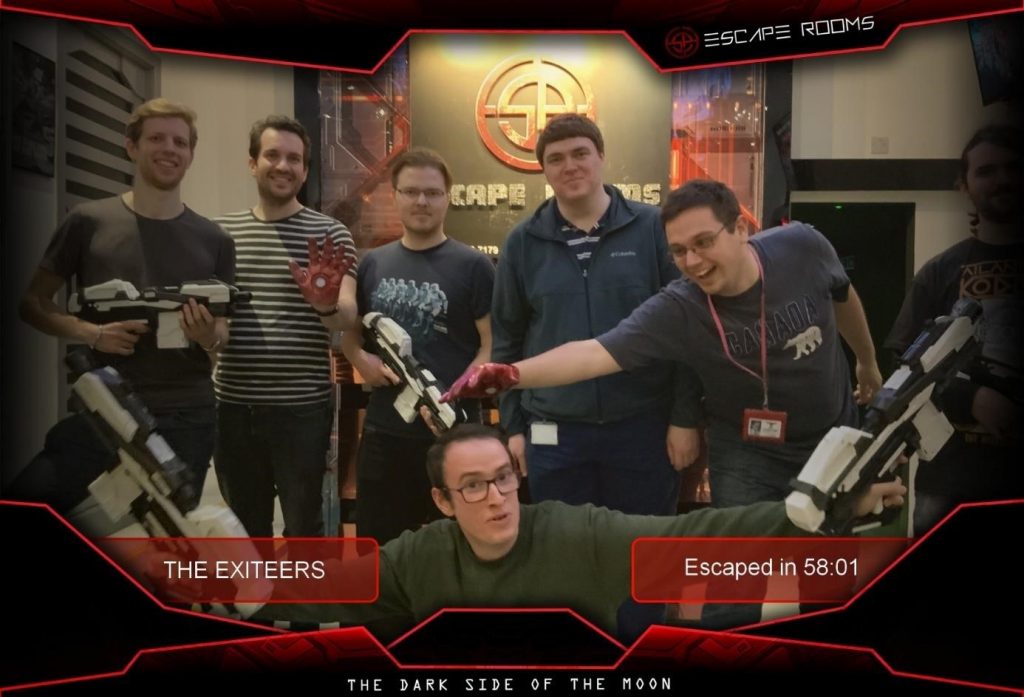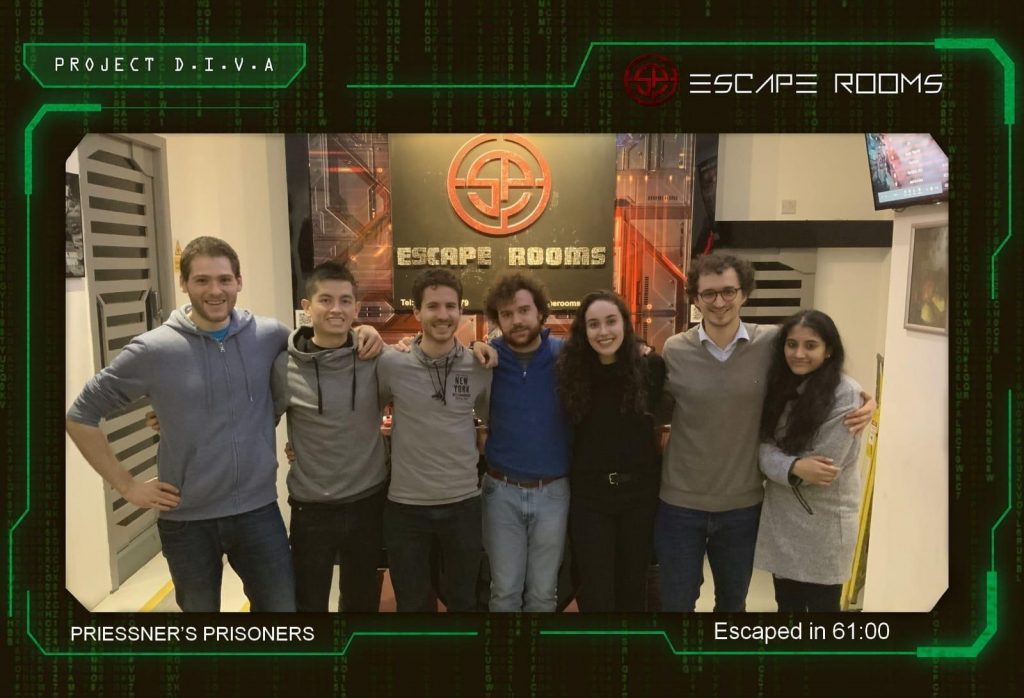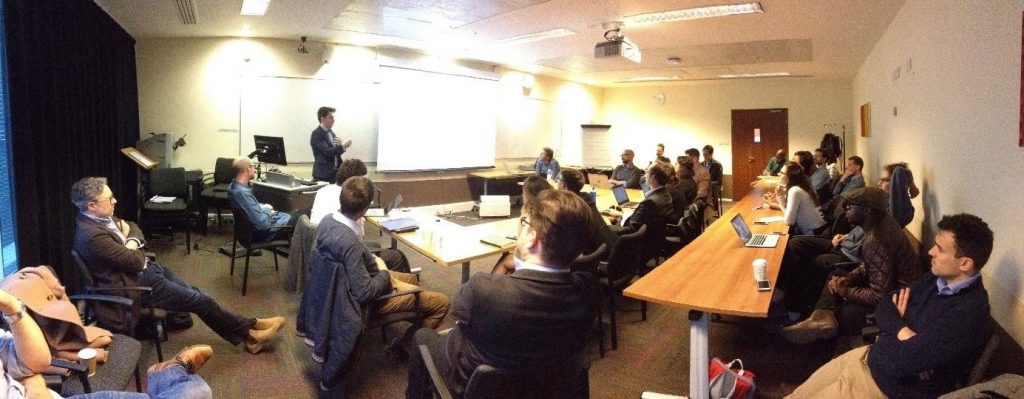One of the most important skills of any physicist, second only to the ability to do research itself, is to communicate both the results and the methods of that research to a variety of audiences: students, peers, senior researchers, and to a lesser extent, the general public. All of these groups require their own unique approach, and it is to the first two that the student seminars in the theoretical physics department at Imperial are aimed. The speakers are PhD students, the audience consists of PhD and MSc students in comparable proportions. This is a pedagogical experience for all involved, albeit in different ways.
Firstly, the speaker. Choosing a subject for a talk is a nontrivial task in itself. The choice might be, roughly, between the day to day research of the speaker, maybe an upcoming paper, and a broader, less directly related topic, with which the speaker had to familiarise themselves in order to perform their research, not having learnt about it in class. Sometimes, these are useful tools; sometimes, these are topics which are interesting in and of themselves. Whichever subject is chosen, having to talk about this to an audience is an excellent self check – have I truly understood what I am talking about? What is the broader picture here, what is the forest behind the trees and leaves of equations? A variety of wise human have said, in more or less these words, that one has not truly understood that which one cannot explain to a computer, or an undergraduate. Since both of these would take considerable amounts of time, postgraduate students will have to suffice.
Giving a talk is a skill which is valuable both to future academics as well as those who go on to work in what is known with varying degrees of derision as “real life”. How to be engaging, how to be clear, how to estimate the level of knowledge of the audience, adapt the talk if that estimate proves to be inadequate. Choosing suitable visualization tools: the chalk vs. the powerpoint!
Secondly, the audience. It is a rough awakening to go to a talk for the first time. However complicated a lecture seemed to be, the knowledge the professor assumed you to have was always knowledge that you knew you should hypothetically have. It is an art in itself to not be discouraged and stop listening the second one does not understand something. A good speaker will usually try to give you “the gist of it”, and it is possible to understand a number of things without understanding anywhere near all the detail. It is an excellent opportunity for MSc students to be given the chance to listen to a talk that is less complicated than a full fledged conference talk, but still more complicated than any seminar talk they would have previously come across.
The other PhD students might learn some of the actual material which is being presented, as well as give some valuable feedback (“no, you may not assume everybody knows what diffeomorphism invariance is”, “no, don’t print black on a red background on your slides”) .
Finally, it is a well known fact that students are being underpaid and hence underfed, and therefore free pizza provides a most useful tool to lure the starving students in, as well as feed them. Bon appetit!
We would like to extend our thanks to the Graduate School’s Research Community Fund for sponsoring this event.
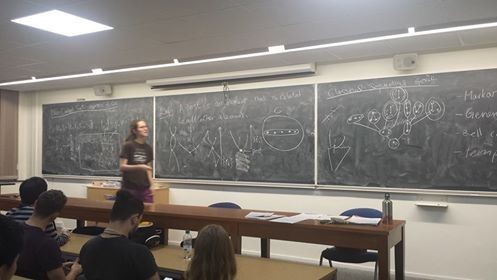
Read Theory Group Student Seminars: Sharing Our PhD ‘Wisdom’ in full













